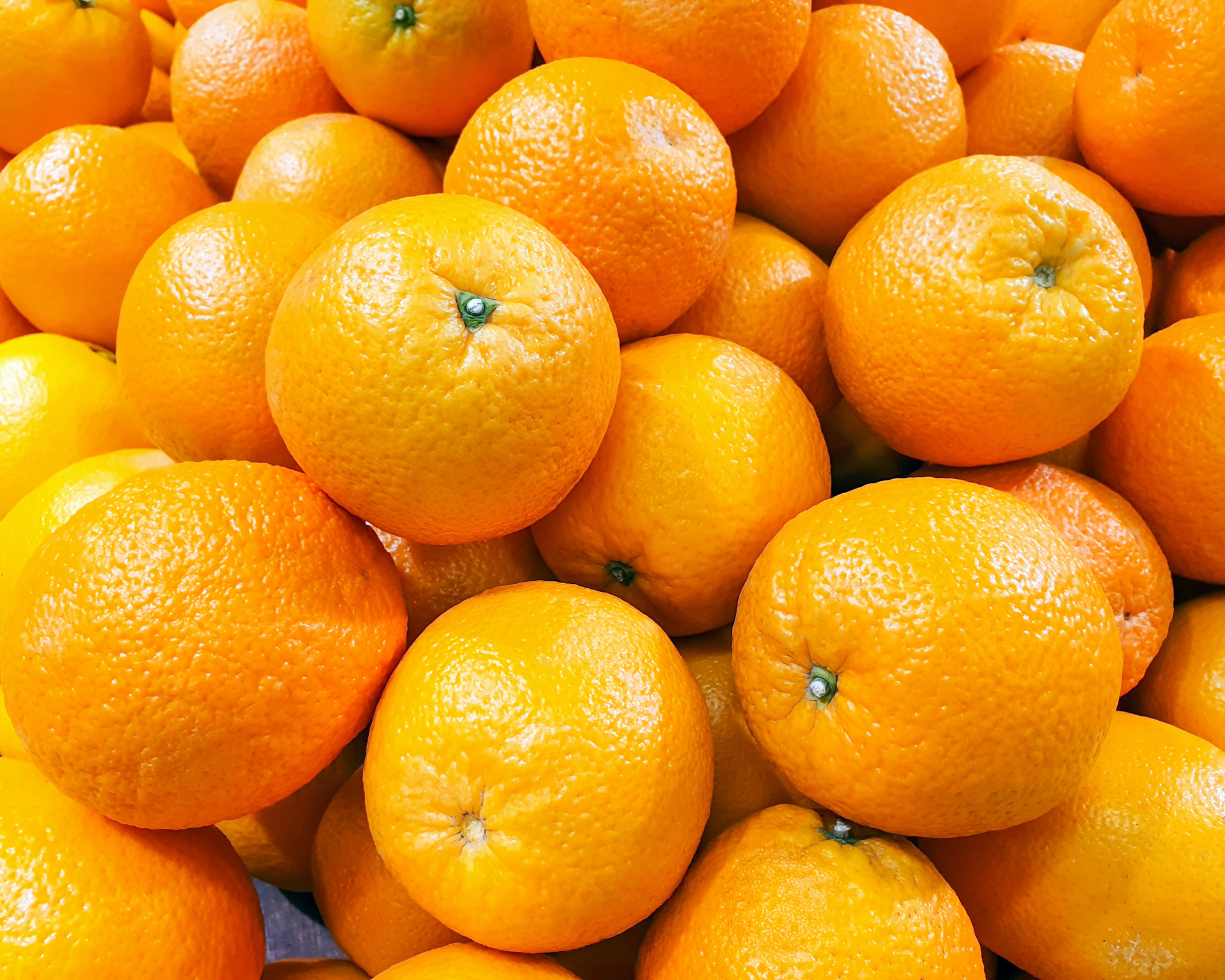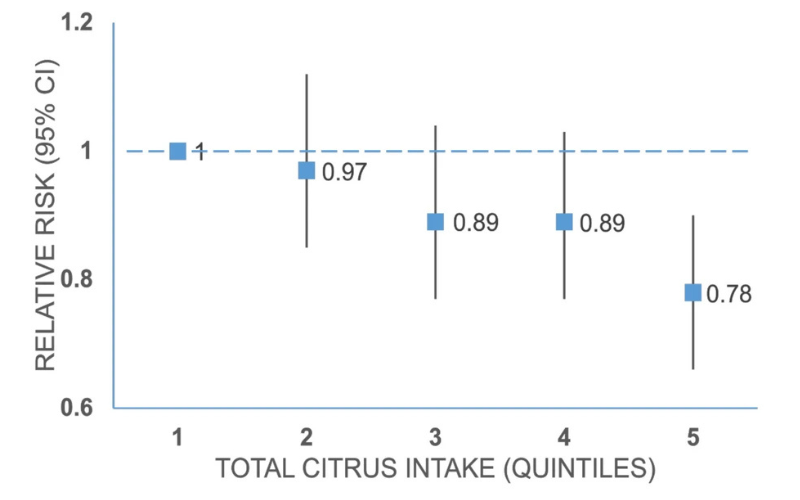Peel Away the Blues: How Citrus Could Boost Your Mood
While an orange won't replace your psychiatrist, a gut microbe that thrives on citrus fruit has been linked to a lower risk of depression.

Read Time: 2 minutes
Published:
An apple a day keeps the doctor away, but what special powers do other fruits have? Emerging research suggests that citrus fruits, like oranges, lemons, and grapefruits, may help reduce the risk of depression. The secret lies in the gut, where a beneficial bacterium called Faecalibacterium prausnitzii thrives on citrus. This gut microbe reduces inflammation and helps produce mood-regulating neurotransmitters like serotonin.
Depression affects over 280 million people worldwide. While antidepressants and therapy remain important tools, they may not work for everyone, and many people struggle to access care. As a result, non-medical approaches are gaining traction, with diet playing a central role.
A recent study by Chatpol Samuthpongtorn and colleagues analyzed data from 32,427 women from the Nurses’ Health Study II. Researchers tracked citrus intake, gut bacteria levels, and depression diagnoses over 14 years. They also conducted a substudy on 207 women and 307 men to better understand which gut microbes affect F. prausnitzii production.
Individuals in the highest citrus consumption group had a 22% lower risk of developing depression compared to those in the lowest group. Even modest increases in citrus intake showed benefits. To see if this link was citrus-specific, the researchers also examined other fruits and vegetable intake but found no significant association.

A week’s worth of oranges may cost $4-6, while a week’s supply of antidepressant medication can cost much more, especially without insurance. For individuals facing barriers to medical care, whether due to stigma, geography, or lack of insurance, nutritional strategies like increasing citrus intake could provide a simple, supportive tool for mental health.
Of course, citrus may not be for everyone; some citrus fruits, like grapefruit, can interfere with antidepressants. Other dietary alternatives include fiber-rich foods, such as oats, legumes, and leafy greens, which promote the growth of this mood-boosting microbe.
While an orange won’t replace your psychiatrist, it might help keep the blues at bay. As science continues to unravel the gut-brain connection, simple dietary choices may offer powerful ways to support emotional resilience.
So the next time you’re reaching for a snack, consider peeling an orange—not just for your immune system, but maybe for your mood too.



